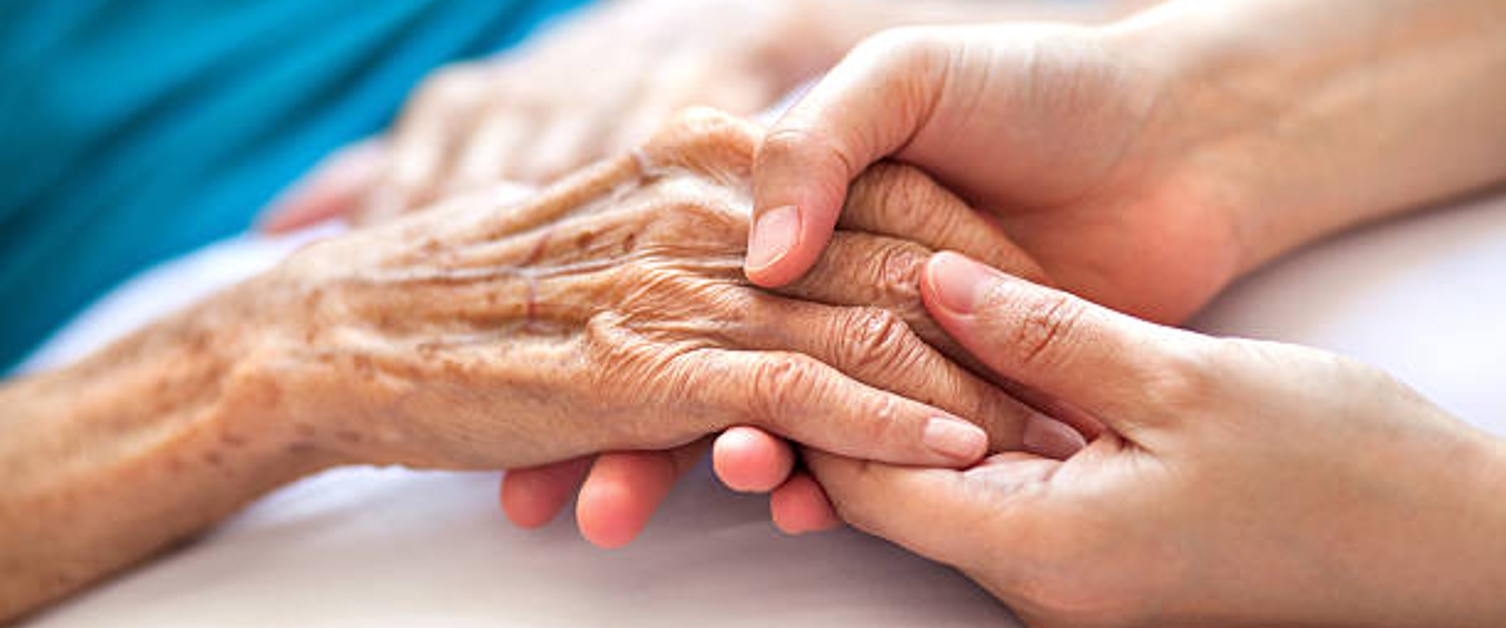Bereavement

Support & Advice
Information regarding what to do when someone dies and the support available.
We are so very sorry for your loss, we hope that you find the following information helpful.
When someone close to you has died it can be immensely difficult to navigate through the practicalities of what needs to be done and who needs to be informed. Grief is unique to each of us and everyone’s experience will be different.
There is both generic and specific bereavement support available to those who require it, whichever stage of grief is being experienced.
What to do if the death occurred at home:
Unexpected death- If the death was unexpected, you should dial 999 and ask for an ambulance and police immediately.
You will be told what to do by the operator to establish whether you can try and resuscitate the person. The paramedics will carry out resuscitation or will confirm the death. Leave the area untouched apart from any attempt at resuscitation.
If the doctor is unsure about the actual cause of death even if it was clearly from natural causes, or if the deceased died suddenly and had not been under a doctor's care during the past 28 days, or the death is unnatural, they will contact the coroner. The coroner may order a post mortem examination to determine the cause of death and then issue the documents allowing the death to be registered.
The police will arrange for the body to be moved by a funeral director acting for the coroner if the death is unexpected
Expected death- If the death was expected, perhaps due to a terminal illness, you should contact the practice during opening hours or NHS Wales 111 if the practice is closed.
If it happened during the night , you do not need to contact the doctor until the following morning unless you want to, please contact NHS Wales 111 if you want to report a death, which has occurred out of practice working hours.
If the cause of death is known and from natural causes the doctor will issue the documents to allow you to register the death.
If a doctor has confirmed an expected death you may call a funeral director of your own choice when you are ready to do so. Funeral directors provide a service any time of day or night to move the deceased to a funeral home.
Cardiff and Vale UHB-What to do when someone dies in Hospital (UHW, UHL):
https://cavuhb.nhs.wales/our-services/bereavement-services/
Vale Local Authority - How to Register a Death: https://www.valeofglamorgan.gov.uk/en/living/Registration-Service/Register-a-Death.aspx
Cruse Bereavement Service
Cruse helps and support those affected by bereavement, including children, through one to one support, counselling, group support and friendship.
Telephone: 029 20 226300
Website: https://www.cruse.org.uk/get-help/local-services/wales/cardiff-and-the-vale
e-mail: cardiff@cruse.org.uk
Sue Ryder
If you are grieving after a bereavement, supporting someone else or helping a child or young person coping with grief, you are not alone.
Sue Ryder provides expert care to provide 24/7 online support network for people who are grieving and bereft. They also offer Grief Kind Spaces, Grief Support Groups giving people access to informal, in-person, peer-to-peer support at weekly or fornightly sessions.
All of their services are free and easy to access on your computer, smartphone or tablet.
Website: https://sueryder.org/
National Bereavement Service
Every bereavement is different and there are different processes dependent on your circumstances.
Telephone: 0800 0246 121
Website: www.nationalbereavementservice.org